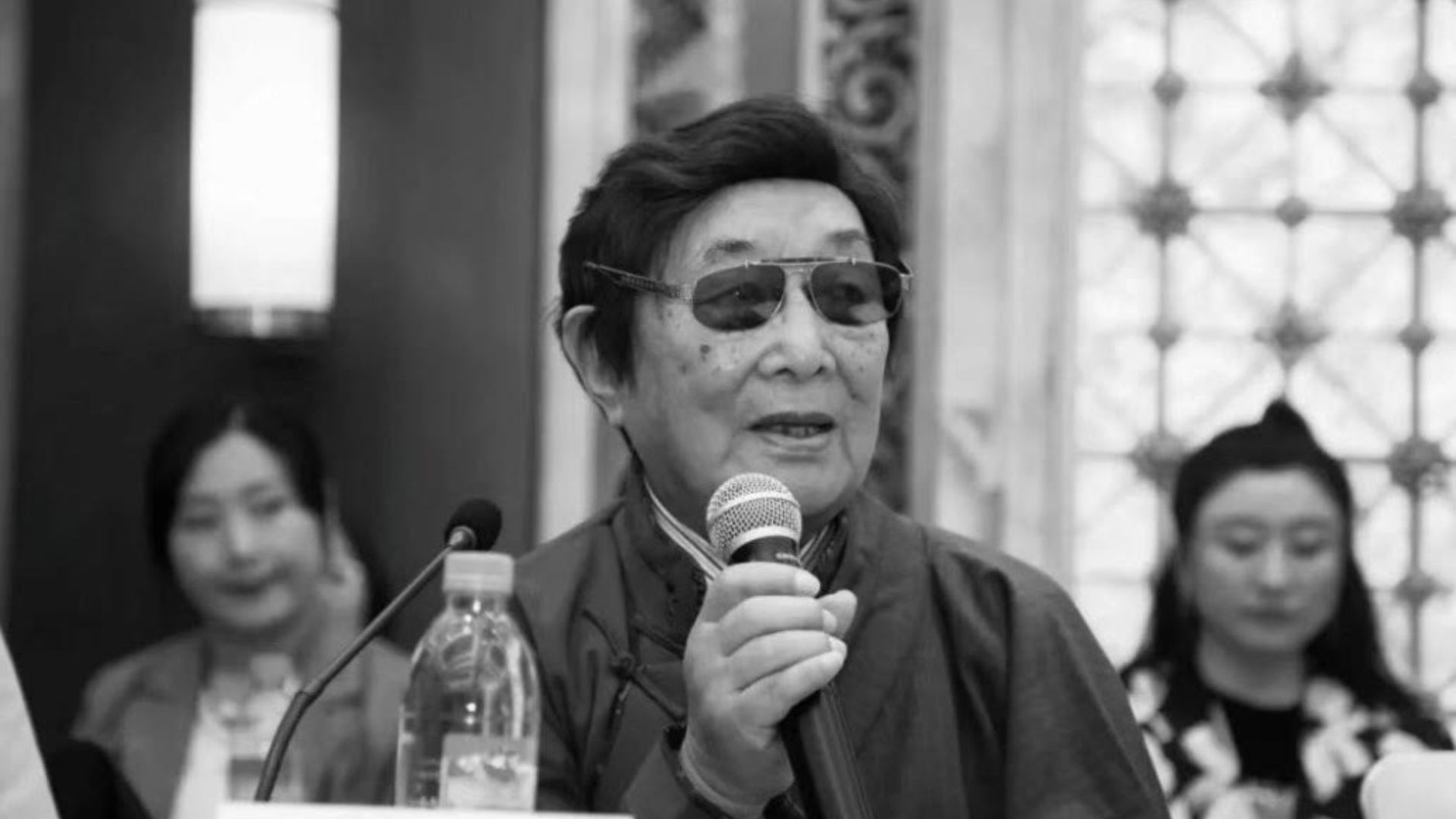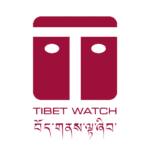
Life of Beggar Lama, Tsanlha Ngawang Tsultrim
A biography of a dedicated and beloved Tibetan scholar, who devoted his life to preserving Tibetan language and culture in the face of China's colonialism.
On February 17, 2025, Tibet lost one of its most dedicated scholars with the passing of Tsanlha Ngawang Tsultrim at the age of 96. His life is a testament to the ongoing Tibetan struggle to preserve the Tibetan language and cultural identity in the face of increasing sinicization.
Born in 1930 in the Gyalrong region, Tsanlha Ngawang witnessed dramatic transformations in Tibetan society throughout his lifetime. After retiring from his professorship at Southwest University in 1997, he dedicated his remaining years to preserving the Tibetan language and documenting the history of the Gyalrong people.
The Beggar Lama, The Life of the Gyalrong Kuzhap is a biography, written in English, that gives important insights into two pressing issues: China’s sinicization of Tibet, with a particular emphasis on Tsanlha’s home region of Gyalrong, and the Chinese leadership and their attitude towards the Tibetan language and Tibetan issues.
Gyalrong region lies at the easternmost fringe of the Tibetan Plateau, and its Tibetan status is often contested due to its unique political, cultural, and linguistic traditions. The late Professor Tsanlha Ngawang believed that defending Gyalrong’s Tibetan status is crucial in safeguarding Tibetan civilization from perishing and for Tibetan cultural survival.
The Gyalrong Tibetans are among the most sinicized and integrated into the wider Chinese community, setting them apart from other Tibetan groups. Unlike other Tibetan areas of what China has named the so-called Tibetan Autonomous Region or Prefectures, schools in the Gyalrong region do not include Tibetan language instruction in their curriculum. Tenzin Jinpa, his biographer, recounts in the book that in 2012, he accidentally met a few local Gyalrong Tibetans in the Wenchuan region (ལུང་དགུ་རྫོང་) who could speak Tibetan. They told him that only a few others knew how to speak in Tibetan.
He wrote, “Wenchuan county had an ‘official Tibetan’ population of nearly 20,000, most of whom were Gyalrongwa”. This demonstrates that most Gyalrong Tibetans in this area were no different or distinct from the Han in their language, cultural practices, and way of life. Tsanlha believed that the wider Gyalrong region would follow Wenchuan sooner or later in becoming fully sinicized.
China has intensified the teaching of the Chinese language among Tibetan children in recent years, especially through compulsory boarding schools for nursery education. With the education sociologist Dr. Gyal Lo exposing the systemic linguicide and Tibetan rights groups calling those boarding schools colonial, it cannot be misleading to say that the sinicization poses a serious threat to the survival of Tibetan culture, language, and identity.
This explains why, despite his advancing age, Tsanlha didn’t step back from teaching and advocating for the Tibetan language classes in the Gyalrong region. He believed the dearth of opportunities for learning the Tibetan language in schools and a general lack of historical awareness would exacerbate the problem significantly.
If these issues are not addressed, the consequences could be tragic and irreversible. Especially after the 2008 Tibetan protests and the waves of self-immolation in Tibet, many Gyalrong Tibetans have chosen to distance themselves from their Tibetan heritage. For instance, Tsanlha is mentioned in the biography, quoting his nephew’s reasons for choosing to identify as Han on his identity card: “If I didn’t change my nationality on my ID card, I wouldn’t be able to find any odd jobs in Chengdu.” That left him speechless.
Tsanlha’s role as a former member of the communist party and leader of a youth league in the early years of Chinese affairs in Tibet (in the early 50s) also reveals him as an eyewitness to the attitude of the Chinese leadership on the Tibetan issue. When Tibetan petitioners in his home county repeatedly appealed for the appointment of Tibetan language teachers, the Director of the Tsanlha County Education Bureau confronted them once, retorting:
“Tibetan is the Dalai Lama’s language. Since you are enthusiastic about promoting this language, have you all been loyal to him?”
The biographer’s accounts also reveal the profound psychological impact of this cultural genocide. Tenzin Jinpa shared personal experiences of growing up in a Han-dominated town where Tibetans were routinely referred to as “barbarians” (Manzi). Jinpa recalled being educated in an environment that portrayed Tibetan culture as primitive, forcing students to internalize feelings of shame about their heritage. In his words, he wrote,
“I received zero Tibetan language education and learned little about Tibetan history at school. The only “official history” that we learned about Tibet was that without the CCP as their great savior, Tibetans would have remained in a state of horrendous and “barbaric” serfdom. In this way, I grew up in a highly sinicized environment, and even worse, I internalised these images about Tibetans and felt ashamed to identify myself with this “barbaric” nationality, from time to time.”
Despite dedicating his life to the preservation of the Tibetan language, Tsanlha viewed his efforts as having achieved only limited success. He believed that without immediate and significant intervention, the Gyalrong region would soon become completely sinicized, with other Tibetan areas facing the risk of following the same fate.
Tsanlha Ngawang Tsultrim’s life represented more than just a scholarly career. It was a profound act of resistance—a continuous effort to keep a culture alive in the face of systematic erasure. His passing marks not just the end of an extraordinary academic life but potentially signals a critical moment in the struggle for Tibetan cultural preservation.
As he often emphasized, the loss of language is more than a linguistic challenge—it is the potential loss of an entire civilization’s memory, identity, and soul.
Article by:
Sonam Topgyal
Tibet Watch


